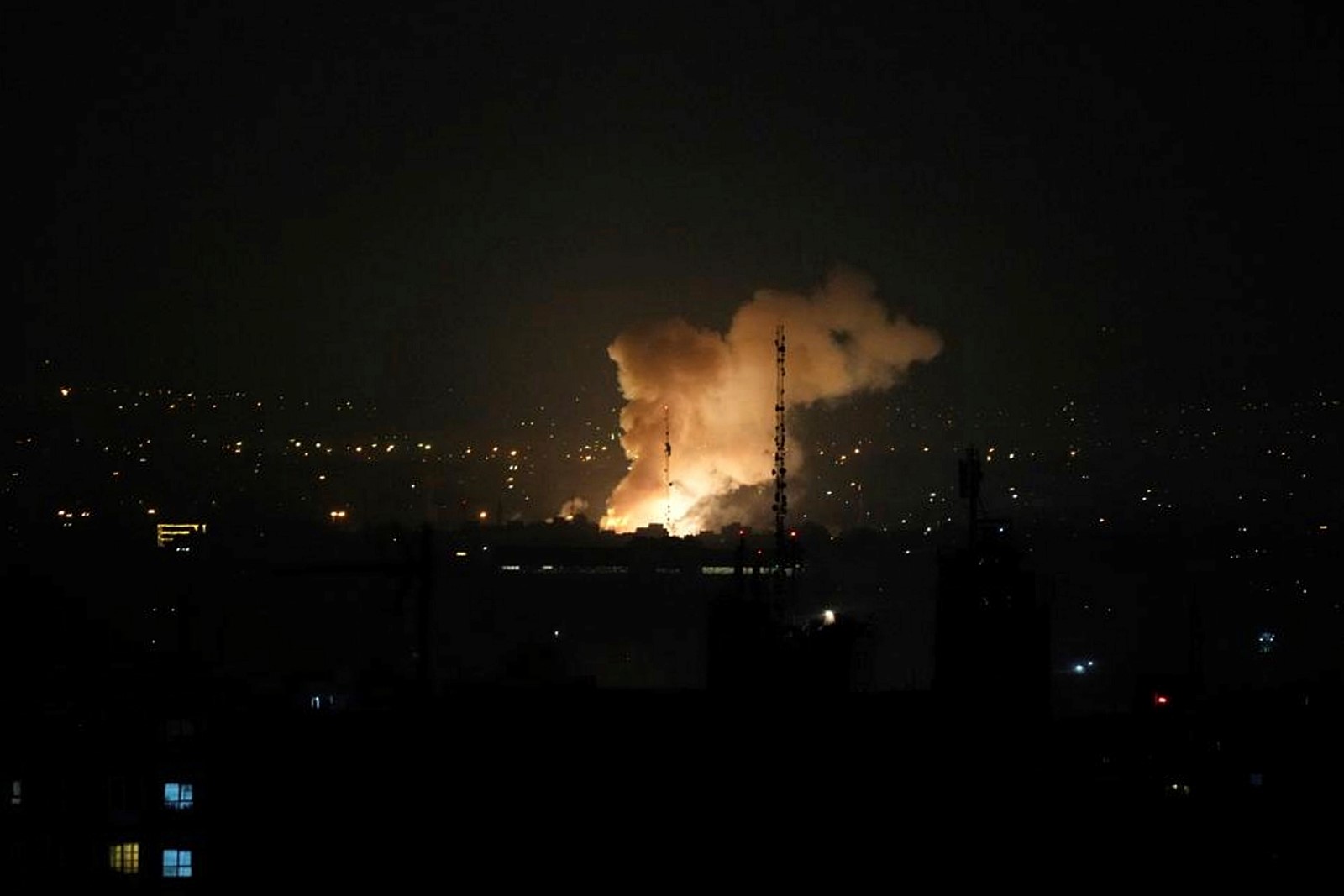
Israel attacked Iran early this morning, Israel’s defense minister said, raising fears of an all-out war between two of the most powerful militaries in the Middle East.
Neither the scale of the attack nor the damage it caused was immediately clear. The strike was expected to prompt swift retaliation from Iran, likely involving a large barrage of ballistic missiles comparable to that fired by Iran during similar escalations last year.
Residents of Tehran, the Iranian capital, reported hearing huge explosions and an Iranian senior official said fighter jets had taken off to intercept the Israeli warplanes.
The attack came as the United States is leading efforts to negotiate an agreement with Tehran that would limit Iran’s ability to produce nuclear weapons and a day after the International Atomic Energy Agency, the U.N. nuclear watchdog, censured Iran for not complying with its nuclear nonproliferation obligations.
The Israeli strike followed months of disagreement between President Donald Trump and Prime Minister Benjamin Netanyahu of Israel over how to handle Iran. Netanyahu has long proposed using military force to derail Iran’s nuclear ambitions.
On Thursday, Trump said again that he did not want Israel to launch an attack, predicting that doing so would scuttle the chance of a diplomatic solution. “I think it would blow it,” he said. Then he added a nod to the other side of the equation, saying that an attack “might help it actually, but it could also blow it.”
Several months ago, Trump waved off an Israeli plan to strike at Iran, insisting that he wanted a chance to negotiate a deal with Tehran. Two weeks ago, Trump said that he had warned Netanyahu against launching a strike while the United States was negotiating with Iran.
Those talks faltered in recent weeks, however, and it was unclear how much effort Trump had made to prevent this latest attack.
The strike did not come as a surprise. The Israeli government damaged the Iranian air defense system during its attacks on Iran last year and had planned for months to take advantage of Tehran’s weakness to mount further attacks. Anticipating a regional escalation, the United States withdrew diplomats from Iraq on Wednesday, and authorized the voluntary departure of families of U.S. soldiers posted elsewhere in the Middle East. A British government agency also warned Wednesday of an escalation that could pose greater risks to ships in the Persian Gulf.
The attack was among the most brazen moves in a decades-long struggle between Israel and Iran that, until last year, was usually conducted through covert and undeclared operations. For years, Iran has funded regional militias that oppose Israel’s existence and has carried out clandestine attacks on Israeli infrastructure and interests. Israel, which is believed to be the Middle East’s only nuclear-armed nation, sees Iran’s nuclear program as an existential threat and has long carried out its own covert attacks on Iran’s nuclear program, scientists and other infrastructure.
The shadow war spilled out into the open after the Iran-backed armed group that has long ruled the Gaza Strip, Hamas, attacked Israel on Oct. 7, 2023, leading to both the war in Gaza and a broader regional confrontation pitting Israel against Iran and its proxies, including Hezbollah in Lebanon, armed groups in Iraq and the Houthi rebels in Yemen.
Israel’s strike on an Iranian-controlled compound in Syria in April 2024 prompted Tehran to fire a huge barrage of missiles at Israel. Iran launched a similar assault last fall after Israel assassinated Ismail Haniyeh, a Hamas leader, as he visited Iran last summer, and then killed Hassan Nasrallah, the leader of Hezbollah.


 PREVIOUS ARTICLE
PREVIOUS ARTICLE
